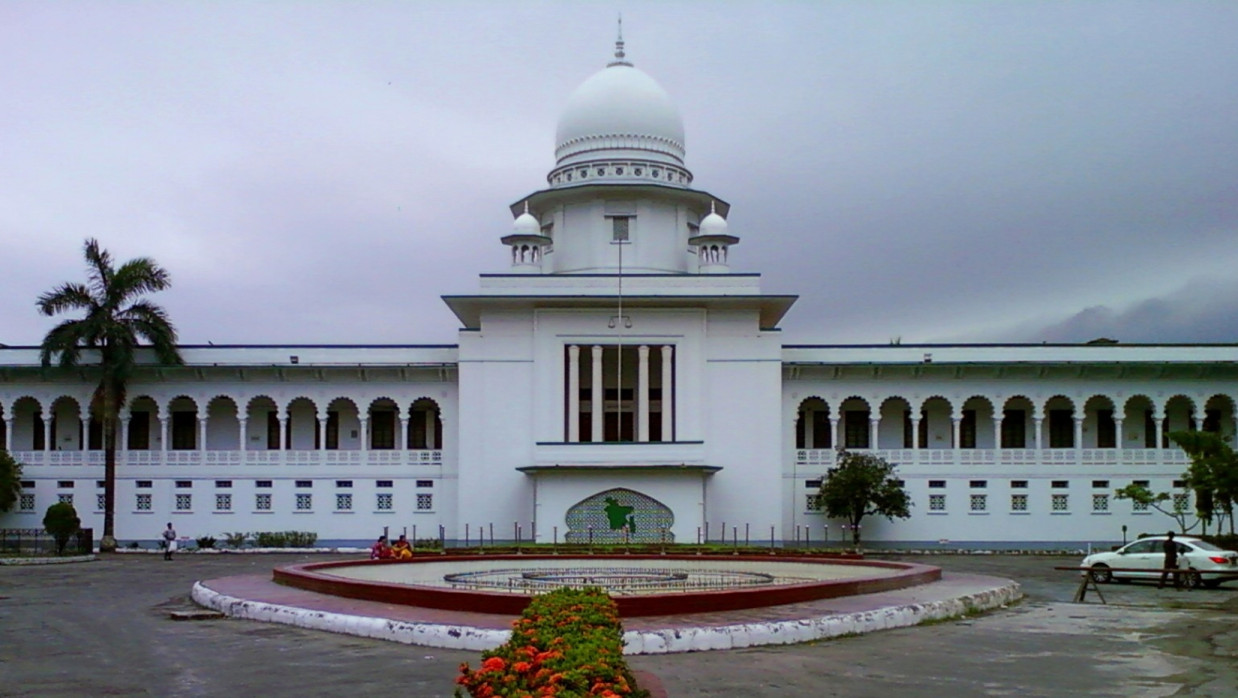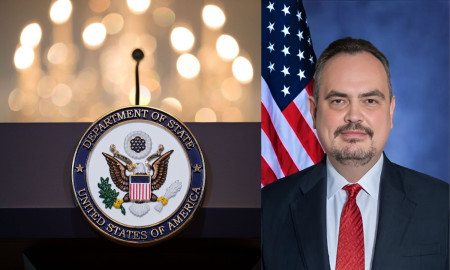Bangladesh High Court Restores Supreme Court’s Full Authority Over Lower Judiciary

n a landmark ruling, the High Court of Bangladesh on Tuesday declared the amendment to Article 116 of the Constitution, which pertains to the control and discipline of subordinate judiciary, unconstitutional and void. The verdict, delivered by the High Court bench of Justice Ahmed Sohel and Justice Debasish Roy Chowdhury, reinstates the Supreme Court’s full authority over lower court judges, including their postings, promotions, and leave approvals, thereby restoring the judiciary’s administrative independence.
The judgment reverts Article 116 to its original form as it appeared in the 1972 Constitution, vesting complete control and disciplinary authority over subordinate court judges in the Supreme Court. Additionally, the court struck down the 2017 disciplinary rules for judges as contradictory to the Constitution, eliminating the need for the Supreme Court to seek the President’s approval for judicial transfers and disciplinary measures.
The High Court also directed authorities to establish a separate Judiciary Secretariat within three months, as proposed by the Supreme Court. Advocate Mohammad Shishir Manir represented the petitioner, while Attorney General Md Asaduzzaman appeared for the state. Senior lawyer Sharif Bhuiyan was present as amicus curiae during the hearing.
Speaking to reporters, Shishir Manir hailed the ruling, stating, “This order fully restores the Supreme Court’s control over judges’ postings, promotions, and leave approvals. The Ministry of Law will no longer have authority over judicial transfers and discipline. Judges can now deliver verdicts without fear of executive retaliation, such as midnight transfers. This is a historic order.”
The ruling follows a writ petition filed on August 25, 2024, by seven Supreme Court lawyers: Mohammad Saddam Hossain, Zahirul Islam, Mustafizur Rahman, Abdullah Sadique, Md Mizanul Haque, Aminul Islam Shakil, and Zayed Bin Amzad. The petitioners sought to transfer control over subordinate court magistrates—covering postings, promotions, and leave approvals—from the President to the Supreme Court, arguing that executive control undermines judicial independence.
The 1972 Constitution originally granted the Supreme Court authority over subordinate courts. However, the 4th Amendment in 1974 shifted this power to the President. The 5th Amendment later added a clause requiring consultation with the Supreme Court, but when the Appellate Division declared the 5th Amendment unconstitutional, the 15th Amendment of 2011 reinstated the President’s authority. The petitioners contended that this arrangement compromised the judiciary’s independence.
On October 27, 2024, a High Court bench of Justice Farah Mahbub and Justice Debashish Roy Chowdhury issued a rule questioning why Article 116, granting the President control over subordinate court magistrates, should not be declared unconstitutional. The bench also asked the government to justify why a separate Judiciary Secretariat should not be established. The Supreme Court’s registrar general was directed to submit a progress report within 60 working days.












